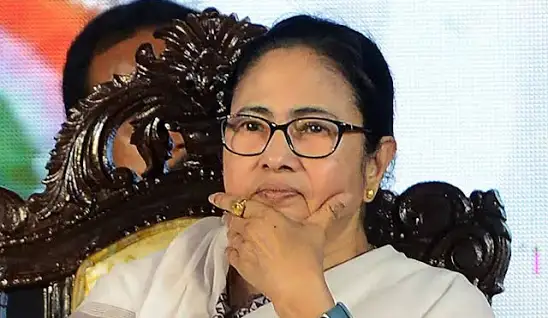Kolkata, June 1, 2024 – The high-stakes electoral battle in West Bengal reaches its climax today, with voters casting their ballots in Kolkata and its adjoining seats. This final phase of voting is crucial as it includes some of the most politically significant constituencies in the state, including the heart of Kolkata. The outcome will not only influence the future governance of West Bengal but will also have broader implications for national politics.
Political Significance :
The electoral results in Kolkata are seen as a barometer for the overall political climate in West Bengal. Historically, Kolkata has been a stronghold for major political parties, and a victory here can provide significant momentum. The adjoining areas, while not as prominent as Kolkata, are critical for building a larger coalition and securing a majority in the state assembly.
Main Contenders:
- Trinamool Congress (TMC): Led by Chief Minister Mamata Banerjee, the TMC is seeking to retain its dominance in the state. Banerjee’s stronghold is in urban areas, making Kolkata a crucial battleground for her party. Her campaign has focused on her government’s achievements in social welfare, infrastructure development, and efforts to maintain communal harmony.
- Bharatiya Janata Party (BJP): The BJP has made significant inroads in West Bengal over recent years and is seen as the primary challenger to the TMC. The party aims to capitalize on any anti-incumbency sentiments and the desire for change. The BJP’s campaign has highlighted issues of law and order, corruption, and the need for economic rejuvenation, positioning themselves as a party of governance and national integration.
- Left-Congress Alliance: Although traditionally strong, this alliance has seen a decline in recent years. However, they remain significant players, especially in certain urban and rural pockets. Their campaign has focused on workers’ rights, agrarian issues, and restoring secular values.
Issues at Stake:
- Development and Infrastructure: Voters in Kolkata are particularly concerned with issues of urban development, public transport, and infrastructure improvements.
- Economic Growth: The economic policies and job creation strategies of the contesting parties are under scrutiny, given the impact of the COVID-19 pandemic on the state’s economy.
- Law and Order: Recent incidents of political violence have brought law and order to the forefront of voter concerns.
Voting Process:
To ensure a peaceful voting process, extensive security arrangements have been put in place. Central paramilitary forces, along with state police, are deployed to maintain law and order. Additionally, voters are required to adhere to strict COVID-19 protocols, including wearing masks and maintaining social distancing. Special arrangements have been made for the elderly and differently-abled to ensure they can vote safely.
Anticipated Outcomes:
- TMC’s Hold: The TMC’s performance in this phase will be closely watched as an indicator of its overall strength in the state.
- BJP’s Penetration: The extent to which the BJP can penetrate Kolkata and adjoining seats will be a key determinant of its success in West Bengal.
- Voter Turnout: High voter turnout is often seen as a positive sign for incumbents, while low turnout might indicate dissatisfaction with the current administration.
Broader Implications:
The results of this electoral phase will have implications beyond West Bengal. A victory for the TMC would reinforce Mamata Banerjee’s position as a key opposition leader at the national level. Conversely, significant gains for the BJP would bolster their narrative of expanding their footprint in states traditionally dominated by regional parties, thereby strengthening their position ahead of the next general elections.
As West Bengal awaits the results of this final phase, the outcome will be pivotal in shaping the future political landscape of the state. Both major parties have invested significant resources and efforts, making today’s voting a critical juncture in the state’s democratic process. The stakes are high, and the entire nation is watching closely to see which direction West Bengal will take. The results will be keenly analyzed for their impact on the broader political scenario in India, setting the stage for future electoral battles.

1 Comment
Pingback: Lok Sabha Election 2024: EC Should Repolling At Barasat, Mathurapur In West Bengal Amid Violence Reports - INPAC Times